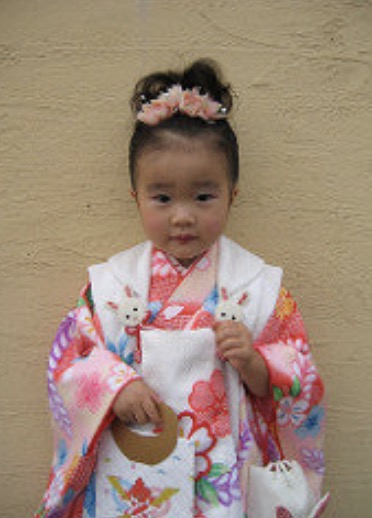You’ve been in Japan too long when you see a road with two lanes going in the same direction and assume the one on the left is meant for parking. Since Japan is quite a small country, with half the population of the U.S. crammed into an area 1/25 the size, it’s not possible to make the roads as wide as some of us would like, and in some cities (notably, old castle towns that didn’t get bombed during World War II) there are roads so narrow a car and a bicycle couldn’t fit side-by-side. Since buying land for parking spaces is expensive, it’s common for some business to expect customers to park on the street in front, despite the fact that cars stopping along the road effectively closes off one of the the two lanes. Many convenience stores are like this — you can see five or six cars idling in front of a Seven Eleven, often with with the keys in the ignition and the cars running (since no one would steal your car in Japan). Other minor frustrations that make driving in Japan less than fun include railroad crossings (all cars must stop when they come to one) and of course Japan’s never-ending road construction.
Well, Mongolian-born sumo wrestler is kicking butt again: Asashoryu won his 14th tournament victory, his 7th consecutive, and for the first time, a sumo wrestler has won every tournament in a single calendar year. At just 143 kg (315 lbs), Asashoryu is a lot leaner than now-retired giants like Hawaiian-born Konishiki or Musashimaru (both over 270 kg/595 lbs when they were wrestling). The emotional Asashoryu was actually in tears as he clinched his victory on Saturday. In other sumo-related news, Bulgarian wrestler Kotooshu (whose name sounds pretty cool — it combines a Japanese harp (koto) with oshu, an old word meaning Europe) was promoted to ozeki, the second-highest rank in the sport. Sumo wrestlers fight 15 bouts in each tournament, held six times a year (three in Tokyo and one each in Nagoya, Osaka and Fukuoka). Sumo wrestling, the official sport of Japan, has been around for centuries, and is mentioned in the earliest written records (around 700 AD). Sumo wrestlers fight their bouts from lowest to highest rank, hence you can follow sumo by watching the last 20 minutes or so of each NHK broadcast, since the most interesting wrestlers appear last. This explains the “hurrying home to catch the last few minutes of sumo on TV” phenomenon you see in expat gaijin living in Japan.
I caught the news that actor Pat “Miyagi-san” Morita of Karate Kid fame had passed away at the age of 73 (along with the amusing tag line from Fark, “Cobra Kai wanted for questioning”). I’ve always felt an odd connection to the famous Japanese actors I watched on TV during my childhood, like Pat Morita and George Takei (although as a former ESL teacher, I can tell that all the grammatical errors Miyagi-san makes aren’t ones a real Japanese person would make, since he actor spoke English as his first language). I hope Pat is enjoying a cold one in the Sapporo Brewery in the Sky.
J-List currently has an incredible stock of over 200 different 2006 calendars from Japan, including rare and popular anime (Totoro, Ghibli), JPOP (Gackt, BoA), Japanese idol (Leon Kadena, Yuko Ogura), traditional photo (Idols in Kimono, Famous Castles of Japan), and much more. This year we’re also carrying the svelte 2006 Diaries (aka daily planners) sold every year in Japan, which are a great way to stay organized. All the diaries feature full monthly and daily calendars for 2006, allowing you to write in appointments and keep track of everything. Plus, they give you information like which days are the lucky and unlucky Buddhist days, feature maps of Japan, and great photos to look at all year long. Check out our selection of daily planners from Japan!
Remember that J-List sells the very popular iTunes Japan Music Cards, which are the only way to buy JPOP music from Apple’s Japanese iTunes music store, unless you happen to have a credit card registered with an address in Japan (even I don’t have one of those). Buying music from the iTMS Japan is incredibly easy — just make a new account tied to an iTMS Japan music card number, and you can browse and make purchases from the iTunes already in your Mac or PC. All functions of iTunes work in your native langauge even when viewing the Japan store, and of course music from Apple’s iTMS-Japan is fully compatible with iTunes and iPods from any country.















